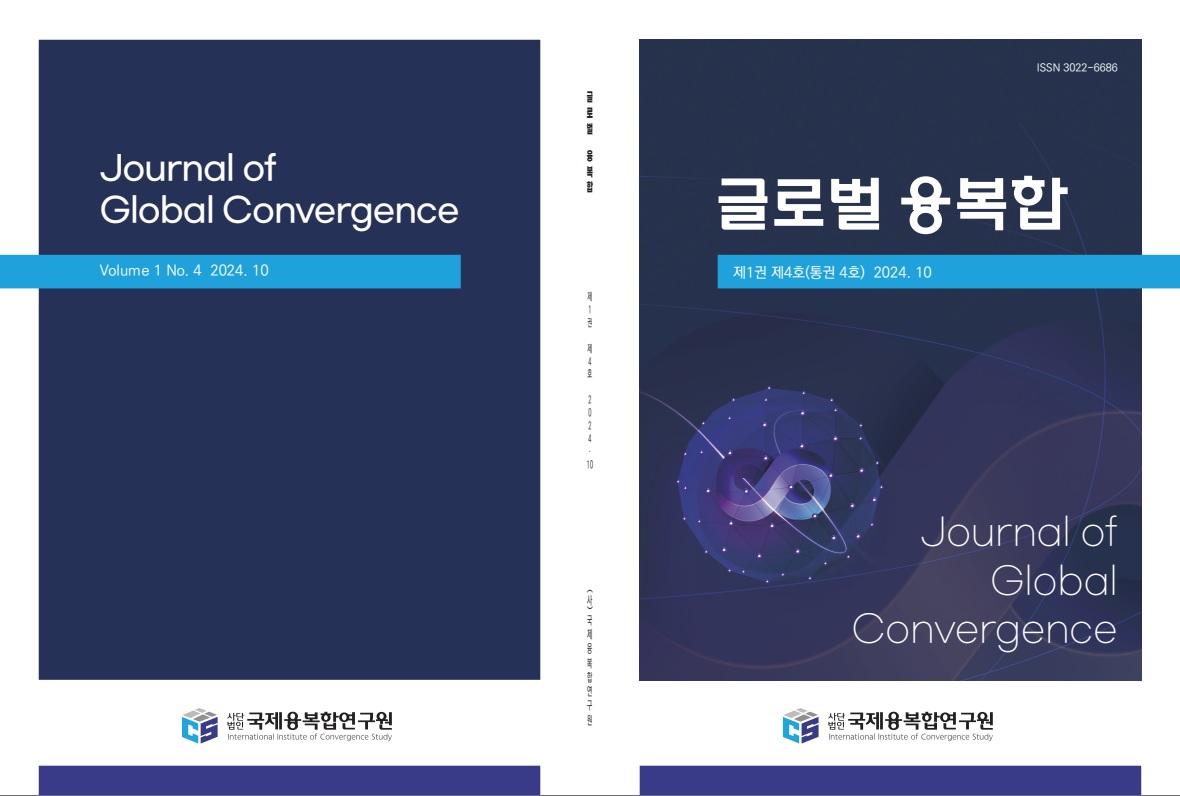대한민국 군 조직에서 50세 이상 시니어 솔저의 통합과 역할 분담에 관한 연구
A Comparative Study on Senior Soldier Utilization Policies in Major Armed Forces: Current Approaches and Policy Implications
저자
김기원, 오대훈, 이준길
수록페이지
p.42-56 (15pages)
조회수
18
다운로드
3
- 창간연도
- 2024년 1월
- ISSN
- (Print)3022-6686 , (Online)3022-6651
- 수록권호
- 제2권 2호 (통권 6호)
- 발행일
- 2025.04
- 수록논문
- 29 articles
- 유형
- 학술저널
- 주제
- 사회과학, 자연과학, 예술체육학, 복합학
- 발행기간
- 2024.01 ~ 2025.04
- 발행주기
- 연 4회(계간)
- 총 권호 수
- 5 volumes
- 총 논문 수
- 76 articles

키워드
시니어 솔저, 군 조직 혁신, 세대 간 협업, 전투・비전투 배치, 인력 운용 전략Senior Soldiers, Military Manpower, Organizational Innovation, Intergenerational Collaboration, Force Readiness
초록
대한민국은 급격한 인구 고령화와 병역자원 감소라는 도전에 직면하고 있으며, 이에 따라 군 조 직의 인력 운용 방식에도 근본적 변화를 모색할 필요성이 대두된다. 본 연구는 50세 이상 시니어 솔저 가 지닌 풍부한 경험과 전문성이 군 전력 강화에 기여할 수 있다는 가정에서 출발하며, 이를 실현하기 위한 제도적・문화적 측면의 개선 방향을 고찰한다. 전투 영역에서는 고령 인력의 신체적 제약을 보완 할 수 있는 기술적 지원과 임무 재설계를 강조하고, 후방 경계・사이버전・드론 운용 등 특정 분야에서 고령자의 역량을 효과적으로 활용할 수 있음을 제시한다. 또한 비전투 부문에서는 교육훈련, 정비, 행 정, 의무 등 전문직 분야를 중심으로 고령 인력이 차별화된 기여를 할 수 있는 잠재력을 검토한다. 연 구 결과, 시니어 솔저의 성공적인 도입을 위해서는 단계별 정책 시행과 조직 문화의 개선이 필수적이 며, 법・제도 개정과 세대 간 협업 구조를 구축하는 노력이 함께 뒤따라야 한다는 점을 확인하였다. 이 러한 논의는 향후 대한민국 군 조직이 인구 변화에 대응하여 지속적 전력을 유지하고, 세대의 경계를 넘어 역량을 결집할 수 있는 전략 수립에 밑거름이 될 것으로 기대된다.The Republic of Korea faces increasing challenges due to rapid population aging and the consequent reduction in available military manpower. In this context, this study explores how older soldiers aged 50 and above might be systematically integrated into the armed forces to reinforce overall military capabilities. The analysis begins with the premise that extensive field experience and professional expertise accumulated by senior personnel can significantly contribute to operational efficiency. The discussion focuses on potential role allocations in both combat-related missions—where technical support and task reconfiguration may offset physical limitations—and in non-combat fields, such as education, logistics, administration, and medical services. This research underscores the need for a phased implementation roadmap, coupled with comprehensive cultural and institutional reforms, to ensure that senior soldiers are effectively employed without generating friction in the existing command hierarchy. The findings suggest that legal adjustments, technological support, and the promotion of intergenerational collaboration are essential prerequisites for the ROK military to maintain sustainable force readiness in the face of demographic transitions.
 (사)국제융복합연구원
(사)국제융복합연구원